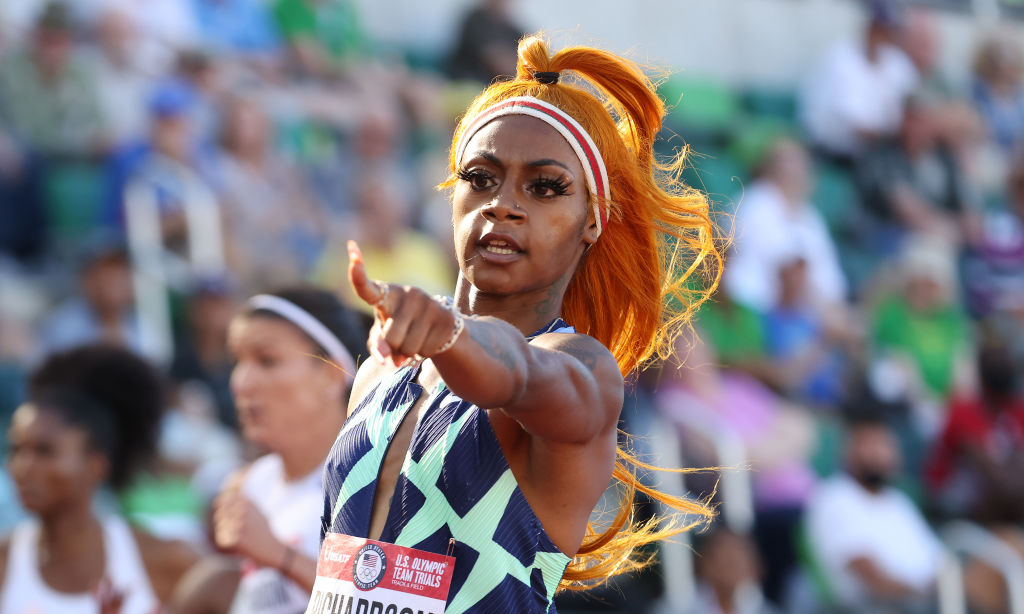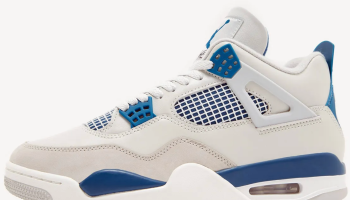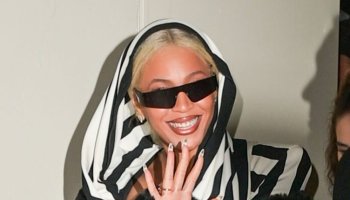
Source: Andy Lyons / Getty
Track and field star Sha’Carri Richardson has been a significant figure in popular culture within the past couple of years, and a new profile with Teen Vogue dives deeper into what makes her go, on and off the track.
The profile, which debuted online on Wednesday (February 23rd), is a full-length profile interview that covers the sprinter who burst into fame after winning the women’s 100-meter race at the 2020 United States Olympic trials and was embroiled in media controversy after her suspension by the United States Anti-Doping Agency in July 2021 for a month for testing positive for marijuana usage (which she stated was to cope with the death of her biological mother at that time) which took her out of competition for the Tokyo 2020 Olympic Games held at that time due to the COVID-19 pandemic.
The interview shows Richardson as being supremely confident and dives into what makes the 21-year old that grounded in her Blackness, beginning with her upbringing being surrounded by formidable Black women. “I would say that’s where I got my confidence from,” she says to journalist Sade Green in the piece. “Just the fact of being in a community, being from South Dallas, that is predominately Black.”
Richardson displays that assuredness throughout the photoshoot that accompanies the interview, sporting a new platinum blonde bob hairstyle as she poses in vibrant outfits. The sprinter, who attended Louisiana State University for one year before turning pro and is now a Nike-sponsored athlete in addition to being in a Beats By Dre commercial which was edited by Kanye West last year does speak to the time surrounding her ban from the Tokyo Games, and the support she received. “When I had the entire situation of being banned from the Tokyo Games, the people who I talked to first were the people who I felt like were with me the most on the journey. I apologized to them first. I felt like they had to hold my shame as well, in a way — or my guilt, in a way. Acknowledging them made me feel like it was okay within myself…and [I] actually allowed myself to feel those emotions.”
The interview also touches on the recent controversy in the Beijing Winter Olympics where teenage Russian figure skater Kamila Valieva was allowed to compete despite having tested positive for a banned performance-enhancing substance in December 2021, and many on social media questioning how she was able to compete and Richardson couldn’t.















